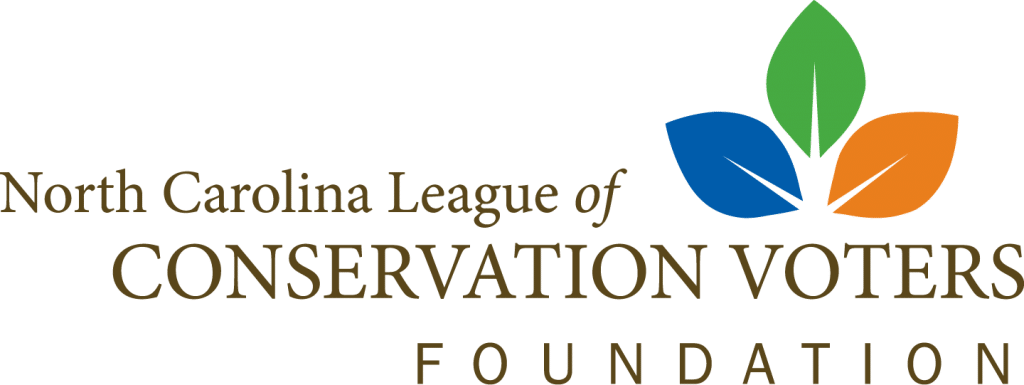You can – and should – have a voice in the policy-making process for North Carolina. These are YOUR elected officials! Here are some quick tips on how to engage as constituents (it’s up to us to hold them accountable).
Best Methods to Contact Your Elected Officials
If you can, take the time to write a personal letter. Form letters are effective at times, but to have a true impact, sharing your personal experience with your elected official will carry more weight (and likely yield a personal response)
The next best option is to pick up the phone – no, not to text your elected official but to speak. Having the direct communication is important if there is an urgent bill or action needed.
Of course, you can send an email. This will likely be the option most of us choose because it’s convenient and quick. Even if you make a phone call or send a handwritten letter, taking the time to follow-up with an email is good practice.
What should I say to my elected officials?
First, we address our elected officials as “The Honorable” before the first and last name in written communications. When referring to them in greeting or salutation, you want to use their title (“Senator” or “Representative”) before their last name.
Second, the golden rule for any communication: be brief. Focus on one particular issue (or piece of legislation). Explain what action you want your legislator to take (i.e. support, oppose, introduce, etc.)
Third, if you’re talking about a bill that has been introduced, include its bill number (H### or S###, depending on whether it’s a House or Senate bill), its short title, and its principal sponsor(s).
Fourth, make it personal. How does this issue or legislation impact you, your family, and your community?
Finally, follow-up, especially after a vote has occurred. You can share your appreciation for their action, or let them know if you are disappointed. Again, it’s up to us to hold them accountable for representing our values.
Unsure of who represents you at the NC General Assembly? Simply type in your address here and find out!
The Personal Visit
Even better than a phone call, tweet, or email, is taking the opportunity to sit across from your elected official for an in-person meeting. Below are our six tips on making the most of our this opportunity to have your voice heard.
Six tips for In-Person Legislative Visits
- Prepare, prepare, prepare. Make notes about the issue or problem that concerns you, the bill number and title that deals with it (if there is one), and what you want done. Know the name and district of the legislator you’re visiting, who s/he represents (counties, cities), where they live and what they do for a living, and the committees they’re on that have any connection to your issue. Know whether this legislator represents you, and if not, what your connection is with him/her.
- Schedule an appointment, whether you are seeking a legislator out in Raleigh or back home in their district. Make sure you arrive on time (or a few minutes early for safe measure).
- Be friendly and professional. Legislators are people too. Introduce yourself and explain your connection to this elected official (i.e. “you’re my representative” or “you co-sponsored this bill”).
- Briefly explain what you’re there to discuss, limit it to one issue. Mention why you personally are interested in this issue. Ask directly for what you want – support or opposition for a bill, a funding item, an amendment, or whatever. (It’s great to also provide a short written summary of your issue and include ways for the legislator to find more information – i.e. websites, resources, etc.)
- Then, give the legislator a chance to respond. Sit back and listen. Take notes. Try to answer any questions, if you can. If you don’t know the answer, don’t make one up. Simply respond: “I don’t know the answer, but I will find out and follow-up with you.”
- Follow up. Send a thank you note/email for the meeting. Be sure to get back to them with any promised information (or if you couldn’t find the answer they were looking for, share how you tried to obtain the answer).
That’s it! Now, where to go to find contact information for all members of the NC General Assembly? Click here.

